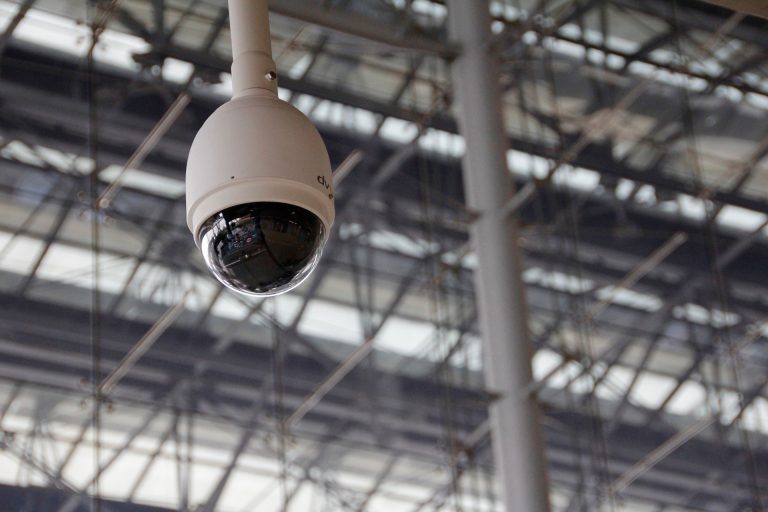The Federal Bureau of Investigation (FBI) has continued to conduct warrantless surveillance under Section 702 of the Foreign Intelligence Surveillance Act (FISA) and commit “widespread violations of the querying standard,” such as searching for private information on American citizens, according to a recently declassified report. In November 2020, the 67-page ruling was issued by James Boasberg, the presiding judge of the Foreign Intelligence Surveillance Court, but was not authorized for public release until recently by the Office of the Director of National Intelligence (ODNI).
Despite highlighting numerous shortcomings and areas of concern, Boasberg authorized the program for another year. Originally created in the early 2000s, the program allowed American tech companies to assist the National Security Agency (NSA) in intercepting communications of foreign targets, which sometimes involved U.S. citizens.
In a review of “40 queries that had been conducted in support of predicated criminal investigations relating to healthcare fraud, transnational organized crime, violent gangs, domestic terrorism involving racially motivated violent extremists, as well as investigations relating to public corruption and bribery [redacted],” Boasberg said that “none of these queries was related to national security.”
Some of the FBI’s data searches involved the personal information of people who wanted to participate in an FBI-run citizens academy, repairmen who needed to enter the FBI field office, and people who entered the field office to report a crime. The agency also made queries on citizens for crimes completely unrelated to foreign intelligence and without permission from the courts.
Back in 2018, the FISA court found that FBI personnel were searching through personal information such as email addresses and phone numbers of American citizens. Judge Boasberg ordered the agency to overhaul FISA procedures to provide additional employee training and better protect the privacy of Americans. For example, employees should pay attention to whether a surveillance target is a government source when filling out warrant application forms, and checklists used to vet confidential sources should be improved.
Success
You are now signed up for our newsletter
Success
Check your email to complete sign up
The FBI submitted the updated procedures to the court last year. One FBI official told The Epoch Times that most incidents of “non-compliance” mentioned in the newly declassified report occurred before the new procedures were implemented. “While the Court is concerned about the apparent widespread violations of the querying standard… it lacks sufficient information at this time to assess the adequacy of the FBI system changes and training, post-implementation,” Boasberg said.
“Under these unique circumstances, and in the absence of evidence to the contrary, the Court is willing to again conclude that the improper queries described above do not undermine its prior determination that, with implementation of the documentation requirement, the FBI’s querying and minimization procedures meet statutory and Fourth Amendment requirements,” he said.
Legislation to protect personal data
To protect the personal data of Americans, Democratic Sen. Ron Wyden and Republican Sen. Rand Paul recently introduced The Fourth Amendment Is Not For Sale Act. The bill aims to block a legal loophole that allows data brokers to sell the personal data of Americans to intelligence and law enforcement agencies without proper legal oversight.

“Doing business online doesn’t amount to giving the government permission to track your every movement or rifle through the most personal details of your life… There’s no reason information scavenged by data brokers should be treated differently than the same data held by your phone company or email provider. This bill closes that legal loophole and ensures that the government can’t use its credit card to end-run the Fourth Amendment,” Wyden said in an April 21 statement.
Currently, app developers are banned from directly selling personal data to government agencies, but data sold to a data broker can be resold to government entities. By contrast, phone companies and social media websites are subject to stricter data transfer regulations. Several media outlets have reported that data brokers track and collect information on people who visit places of worship and participate in protests.
Last year, the Internal Revenue Service (IRS) allegedly bought location data collected from the smartphones of millions of Americans from Virginia-based data broker Venntel Inc. Another broker, Clearview AI, compiled a huge database consisting of billions of photos downloaded from social media websites. The photos were used to drive a facial recognition system that the company sells to government agencies.
The Fourth Amendment Is Not For Sale Act aims to require a court order for the government to access data from brokers. In addition, U.S. intelligence and law enforcement agencies would be prohibited from accessing data obtained from an American citizen’s device or online account. The purchase of American data collected through hacking, deception, contract violation, and other similar methods would be banned, which would make the government’s use of the Clearview service illegal.
Recommendations to counter undemocratic surveillance
In September last year, the Center for New American Society (CNAS) released a report outlining the steps Washington must take to prevent abuse of surveillance technologies. The organization recommended that federal agencies like the Defense Advanced Research Projects Agency (DARPA) and the U.S. State Department develop tech solutions to protect the privacy of American citizens.
The report also asked the government to “enshrine data privacy protections in statute for American use” and collaborate with tech companies to further the cause internationally. Furthermore, the U.S. should “Partner with tech companies to develop a ‘privacy solution,’ or commercially viable, privacy-preserving digital products, which can act as the free-world alternative to the illiberal use of surveillance tech.”
Steven Li contributed to this report.
















